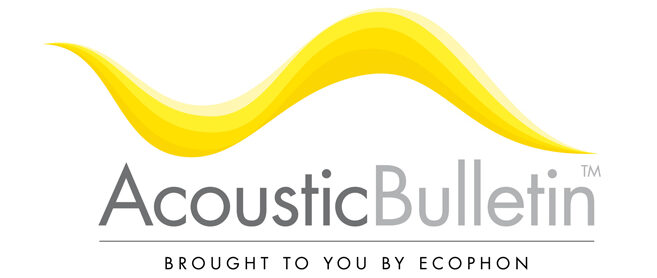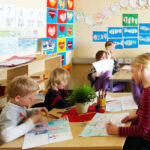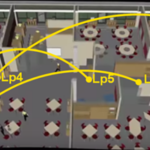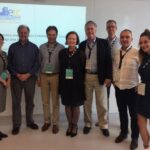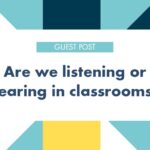Västervångskolan, a school in southern Sweden, modified the acoustics and lighting in four classrooms on a trial basis in 2013. The experiment proved so successful that In 2015 the municipality decided that all schools in Landskrona would undergo similar acoustic and lighting upgrades. Class A sound absorbing suspended ceilings were installed, along with bass absorbents […]
classroom acoustics
Our top 5 posts on acoustics 2017
Wow, we sure get a good spread of topics on this little blog of ours and maybe, just maybe, this is what you like about it? When we summarise the major news and events in room acoustics 2017 we look back on everything from a nearly tropical ICBEN in Zurich, to interesting new podcast episodes […]
New report finds that children with reading difficulties need to screened for hearing problems
A recent report by Coventry University has been highlighted by the Nuffield Foundation and links reading difficulties with hearing impairments. The Nuffield article writes: “The researchers believe that if there was more awareness of youngsters’ hearing problems – as well as an understanding of what particular aspects of literacy they struggled with – then the […]
How open should a learning space be – acoustically? School Case Study 1
Noise is not something we only hear but something we feel, making teachers stressed and disturbing students. However, what feels like unwanted noise for some over distance, may be wanted sounds for another locally. This can create a conflict, so it is important to be able to separate these in order to create a sound […]
If Carlsberg built a University and hosted an education conference, they would discuss the value for good acoustics…..”probably!”
Well, not only does the Campus have good acoustics but it was host to the Annual European Education Research Association conference where acoustics was indeed a key part of one of the sessions…. The LEaRN team from the University of Melbourne organised an interesting session where the focus was industry and academia collaboration around educational […]
Are we listening or hearing in classrooms? The Indian perspective
There seems to be a universal agreement with the fact that proper acoustic treatment of a classroom will enhance comprehension abilities of its audience. This is more true with children as occupants compared with adults. To understand better, let’s first look at how our brain perceives sound. The adult brain takes all sounds we hear […]
Transitions Symposium – Inhabiting Innovative Learning Environments
The first of a series of three worldwide symposiums took place in Melbourne earlier this month. The Melbourne ILETC Transitions Symposium – “Inhabiting Innovative Learning Environments Symposium” was organised by Innovative Learning Environments and Teacher Change (ILETC) research project and occurred the day after the ILETC project Annual Partners meeting. I attended and gained a lot […]
Interview with Acoustic Bulletin editor – Jiri Strnad
It’s time to meet a new Acoustic Bulletin Editor, and this time we go to the Czech Republic and have a chat with Jiri Strnad. Jiri has an identical twin brother, talks a million miles an hour, knows a lot about school acoustics, and if you’re ever lucky enough to meet him under more informal […]
Proposal for revised Building Code in Finland – key implications
Acoustic standards, guidelines and building codes have the potential of having a profound impact on future construction, for better or worse, for years to come. That is why we at Acoustic Bulletin keep a keen eye on the developments. We’ve written about this topic on several occasions, like this post from Poland, or this one about […]
Acoustic improvements lower teacher heart rate, voice levels and improve the general experience
Better acoustics in the classroom reduce the teacher’s heart rate, according to research by students at a leading technological institute in the Czech Republic. Negative stress leads to bad decisions and poorer performance. When we are under stress, our heart rate increases, which is a good measure of how stressed we are. Jana Dolejší, a […]
